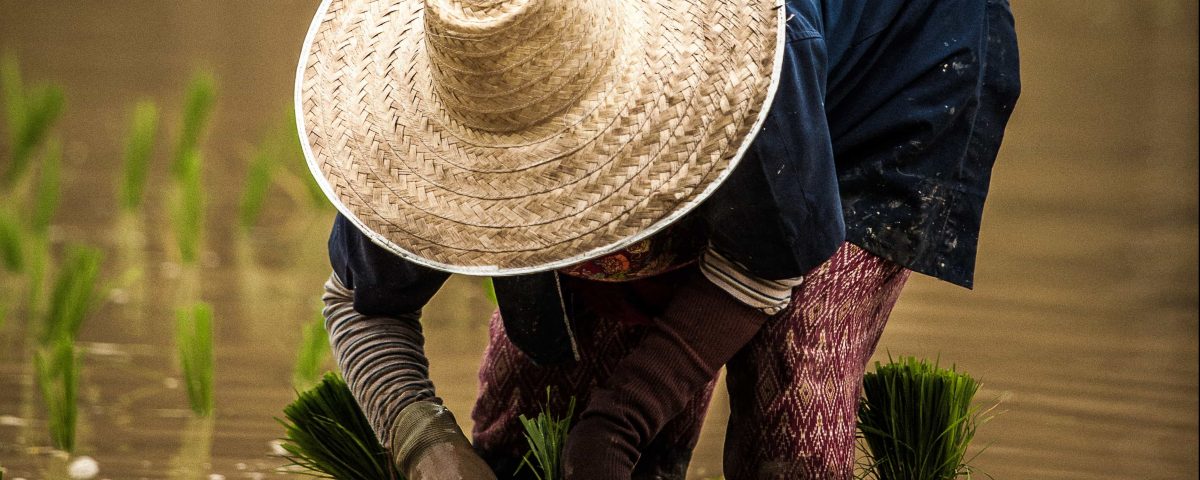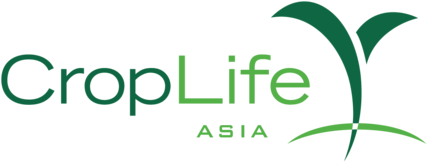CropLife Asia Promotes FAO/WHO “Grow It Safe” Call to Action this World Food Safety Day

Singapore, 7 June 2021 – This World Food Safety Day, CropLife Asia and its members took the opportunity to promote a crucial call to action by the Food and Agriculture Organization (FAO) and World Health Organization (WHO) to “Grow It Safe”.
Access to safe food is essential to human health and well-being. The global pandemic and effects of climate change have highlighted the fragile nature of our global food supply systems. Farmers are tasked with the challenge of combatting a wide range of pests on their farms while protecting the world’s food supply. To do so, they rely on innovative and sustainable ways to keep crops healthy and protect them from pests and diseases.
As the FAO/WHO “Grow it Safe” call to action suggests, food safety starts on the farm. CropLife Asia and the plant science industry continue to work with our stakeholders and national associations to empower the region’s farmers to produce safe, affordable, and nutritious food through a host of innovative technologies, farmer education programs, and approaches promoting sustainability. One of these is Integrated Pest Management (IPM). IPM is the practice of using a wide variety of tools and techniques to manage pests. Between 100,000 and 300,000 farm workers are trained each year in IPM and responsible use programs. Since 2005, the CropLife network has trained nearly 4 million farmers and agricultural workers in 82 countries.
“With new and evolving threats to our global food security, it’s more critical than ever that farmers have access to tools and technology that enable them to produce food that is safe, nutritious and affordable,” said Dr. Siang Hee Tan, Executive Director of CropLife Asia. “The plant science industry remains committed to ensuring that farmers are equipped with the knowledge, skills and innovations that can help them to do just that.”
In 2020, many Indian farmers found themselves tackling the double threat of the COVID-19 pandemic and locust infestations. CropLife India enhanced their farmer education program to focus not only on managing crop pests but also on safety measures that can minimize the spread of COVID-19. This was critically important in helping protect farmers while also ensuring that the agricultural sector remained functional amidst the global pandemic.
As part of their outreach efforts, CropLife India developed posters, pamphlets, and other educational tools that emphasized locust control measures, COVID-19 safety practices and the role of drone technology. These materials were translated into local dialects, shared on social media, and disseminated through various partners and a range of government agencies, agricultural universities, and extension services. Special emphasis was placed on Rajasthan, Punjab and other states heavily impacted by the locust invasion. As a result of these efforts, a number of farming communities adopted measures to discourage the locusts from settling in the fields and India became the first country to use drone technology to precisely spray crop protection products to control the pests. Farmers became local “agvocates” for the safe use of crop protection products, sharing what they learned with their neighbors and other farmers in their communities. In many localities, the recognition and appreciation efforts instilled a sense of pride that fostered fellowship and a sense of shared responsibility among farmers.
Meanwhile, in Indonesia, the Indonesia Good Agriculture Program (INDOGAP) program initiated by CropLife Indonesia in 2015 has given the country’s fruit and vegetable farmers a competitive edge in the ASEAN Economic Community. INDOGAP has trained farmers and extension workers in the effective and efficient use of pesticides to help them meet the requirements for export certification. The overall goal has been to increase Indonesia’s agricultural exports while also improving the safety and quality of its produce and building food security. To facilitate its outreach and impact, CropLife Indonesia formed strategic partnerships with several universities, relevant industries, government ministries and local agricultural offices. The program reinforced its outreach with media engagement, including social media discussions, radio talk shows featuring guest experts, public service announcements and on-air quizzes. CropLife Indonesia’s stewardship program has seen a number of positive developments as a result of the INDOGAP campaign, including: 70% adoption rate of personal protective equipment (PPE); and an increase in farmer income of 20%.
About CropLife Asia
CropLife Asia is a non-profit society and the regional organization of CropLife International, the voice of the global plant science industry. We advocate a safe, secure food supply, and our vision is food security enabled by innovative agriculture. CropLife Asia supports the work of 15 member associations across the continent and is led by eight member companies at the forefront of crop protection, seeds and/or biotechnology research and development. For more information, visit us at www.croplifeasia.org.
For more information please contact:
Duke Hipp
Director, Public Affairs
CropLife Asia
Tel: (65) 6221 1615
